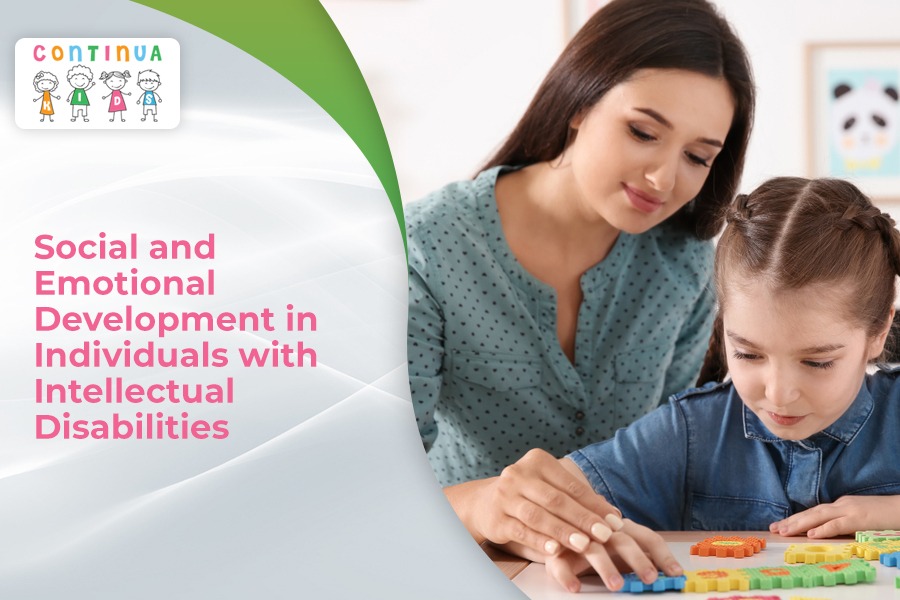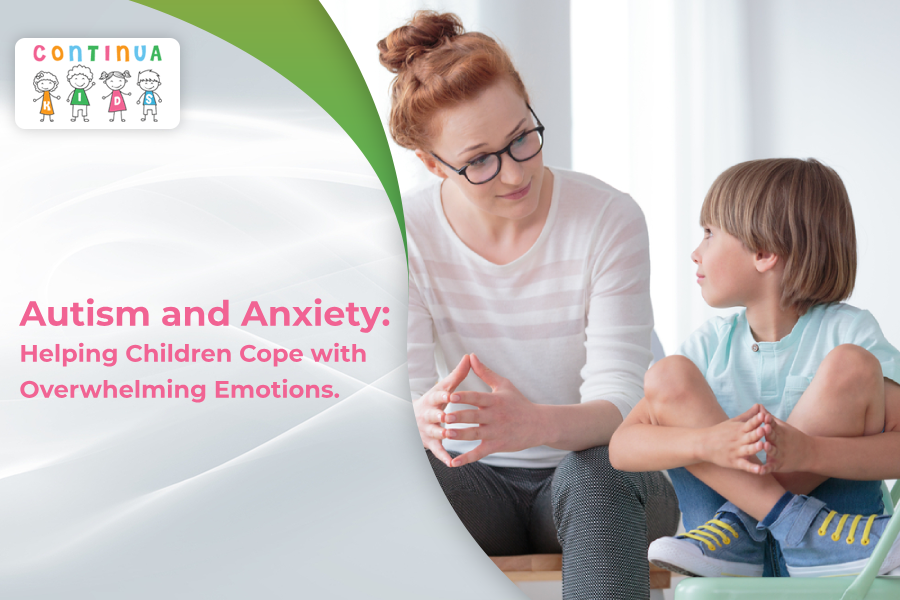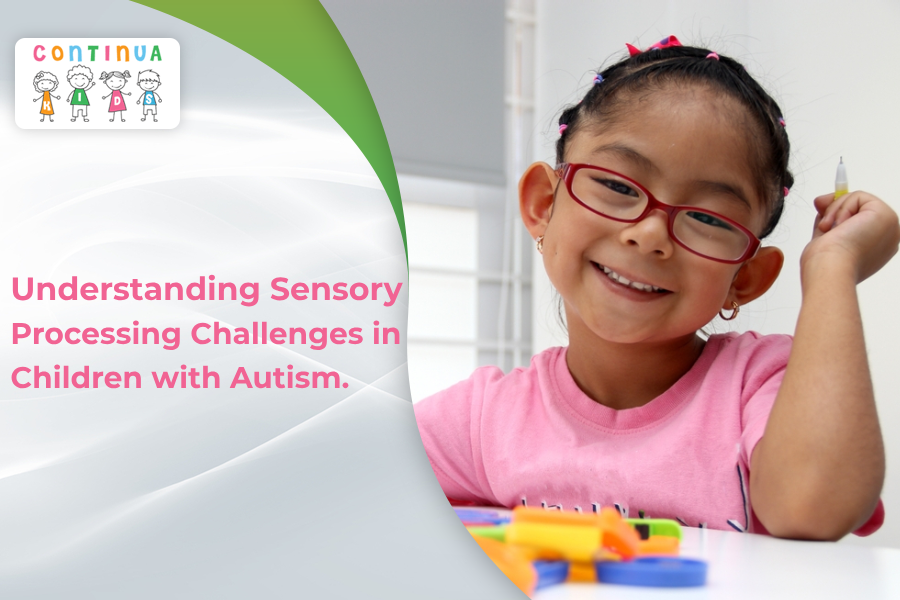Social Development:
Social development involves the ability to form and maintain relationships with others, understand social cues, and engage in appropriate social behavior. Individuals with intellectual disabilities may struggle with social development due to challenges with communication and understanding social norms. Some common social development challenges include:
- Difficulty with social communication: Individuals with intellectual disabilities may struggle to communicate their thoughts and feelings to others, leading to misunderstandings and frustration.
- Limited social skills: Social skills, such as turn-taking, sharing, and making eye contact, can be challenging for individuals with intellectual disabilities. This can impact their ability to form and maintain relationships with others.
- Social isolation: Social isolation is common among individuals with intellectual disabilities, as they may have limited opportunities to socialize and interact with peers.
Strategies for Supporting Social Development:
There are many strategies that parents and caregivers can use to support the social development of individuals with intellectual disabilities, including:
- Encourage social interaction: Encourage your child to participate in social activities, such as sports, clubs, and community events. This can help them develop social skills and build relationships with peers.
- Model appropriate social behavior: Model appropriate social behavior, such as making eye contact and using appropriate tone of voice, to help your child learn social skills.
- Use visual aids: Visual aids, such as pictures or videos, can be helpful in teaching social skills and understanding social norms.
- Provide positive feedback: Provide positive feedback when your child exhibits appropriate social behavior, such as sharing or taking turns. This can help reinforce positive social skills.
Emotional Development:
Emotional development involves the ability to understand and manage one\’s own emotions, as well as the emotions of others. Individuals with intellectual disabilities may struggle with emotional development due to challenges with communication and processing emotions. Some common emotional development challenges include:
- Difficulty expressing emotions: Individuals with intellectual disabilities may struggle to express their emotions in words, leading to frustration and emotional outbursts.
- Limited emotional regulation: Emotional regulation, or the ability to manage and control one\’s emotions, can be challenging for individuals with intellectual disabilities. This can lead to impulsive behavior and difficulty coping with stress.
- Limited empathy: Empathy, or the ability to understand and share the feelings of others, can be challenging for individuals with intellectual disabilities. This can impact their ability to form and maintain relationships with others.
Strategies for Supporting Emotional Development:
There are many strategies that parents and caregivers can use to support the emotional development of individuals with intellectual disabilities, including:
- Encourage emotional expression: Encourage your child to express their emotions through art, music, or writing. This can help them learn to identify and express their emotions in a healthy way.
- Provide coping strategies: Provide your child with coping strategies, such as deep breathing or positive self-talk, to help them manage their emotions and reduce stress.
- Use social stories: Social stories, or stories that teach social skills and appropriate behavior, can be helpful in teaching emotional regulation and empathy.
- Create a positive environment: Create a positive and supportive environment for your child, with clear rules and expectations. This can help reduce stress and support emotional wellbeing.
Conclusion:
Social and emotional development are critical aspects of a child\’s overall development, but can be challenging for individuals with intellectual disabilities. By understanding the challenges associated with social and emotional development




